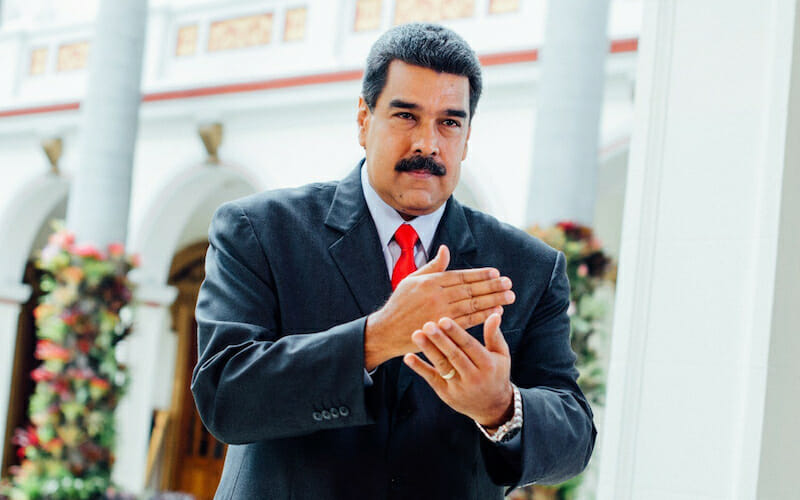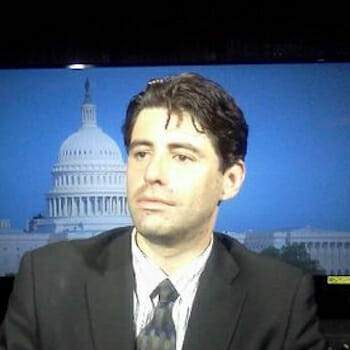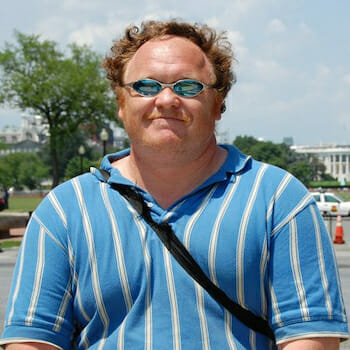
Venezuela’s Elections Re-scheduled, but Maduro To Remain in Power
Venezuela’s national electoral commission, surprisingly announced on 1 March that the country’s general elections will now take place on 20 May, a month after their controversial original date: 22 April.
The original date had been critiqued for its alarmingly short 90-day window for participating political parties to prepare, which bore the hallmarks of an attempt to cement power by the Nicolas Maduro regime and a continuation of the “chavista” ideology that has been in power for almost two decades.
The decision to delay the elections was due to an agreement, between the Venezuelan government and a number of opposition parties, but not the main one – Mesa de la Unidad Democrática (MUD), which had already declared that it would not participate. While in theory the extra month gives the participating opposition, parties-broadly speaking, more time to organize, the reality of the situation is that this development demonstrates the fractured Venezuelan opposition coalition.
According to El Mundo, there are right now six presidential candidates: President Maduro, four candidates that have ties with the government and the only true “opposition” candidate. Henri Falcon, of Unidad Democrática who has been shunned by other opposition parties for breaking rank. Thus, the affirming the overall consensus is that President Maduro will “win” another six-year term as President of Venezuela.
So one key question to be determined is: what happens on 21 May? Will President Maduro be emboldened to further consolidate power or will he make a gesture of conciliation to the opposition? And how will the international community, especially Venezuela’s neighbors, react?
Since he ascended to the Presidency after the passing of former President Hugo Chavez (March 2013), President Maduro has made several moves to consolidate power among his loyalists. These include eroding the power of the Congress not only so that he couldn’t be removed from office, and create a National Constituent Assembly to act as a Rubber Stamp for his policy initiatives. which body was installed to replace the opposition-controlled National Assembly. The Venezuelan government is also accused of forcing Opposition Mayors and Governors out of office (or coming up with reasons to prevent them from taking office).
Using this as some criteria there is no logical reason to expect any new round of talks that have taken place in the Dominican Republic will bear fruit. The postponement of the elections is a major development, no doubt, and Caracas has reportedly requested that the United Nations send a team of observers to monitor the elections. Nevertheless, it is difficult to imagine that under current conditions any opposition presidential candidate has a real chance of emerging victorious. Likewise the President currently feels that he is in no position to formally make a gesture (i.e. dissolving the controversial National Constituent Assembly) that could end the impasse and begin the process of restoring Venezuela to political and economic stability.
Latin American and Caribbean countries remain somewhat split regarding what to do with Venezuela. On the one hand, Caracas does enjoy allies among the governments of Bolivia, Cuba and Nicaragua. On the other, the Lima Group (Grupo de Lima) is a loose union of several regional states that have met to consistently condemn the Maduro regime. In mid-February, the foreign affairs ministers of the Lima Group decided to withdraw president Maduro’s invitation to attend the VIII Summit of the Americas, which will take place in Lima in mid-April (a month before the elections in Venezuela, one may note).
US Secretary of State Rex Tillerson visited several Latin American nations in early February in order to gather hemispheric support against Venezuela, but the tour did not yield the desired outcome. Withdrawing President Maduro’s invitation to the Summit is an important diplomatic move, but the region in general does not want to see another war – for example a U.S. military intervention in Venezuela, a subject of a plethora of rumors in the region. It’s similarly unclear if regional states would want to also carry out some kind of sanctions against Venezuela. Colombia has closed its border with Venezuela in the past, only to reopen it.
Amid this internal and hemispheric catastrophe is a growing humanitarian one. As previously mentioned, the number of Venezuelan citizens (whether they should be called migrants or refugees is still up for debate) that are fleeing to Brazil, Colombia, Ecuador, Peru, Spain or the U.S. is now well over a million. Countries like Peru are giving temporary residency cards and validating university degrees so these individual can get jobs, but what of Venezuelans living in isolated border areas in Brazil and Colombia? If the exodus of Venezuelans continues, this will create a massive diaspora as well as a humanitarian crisis.
It has become virtually impossible to be optimistic about the future of Venezuela.
The views expressed in this article are those of the authors alone and do not necessarily reflect those of any institutions with which the authors are associated.

